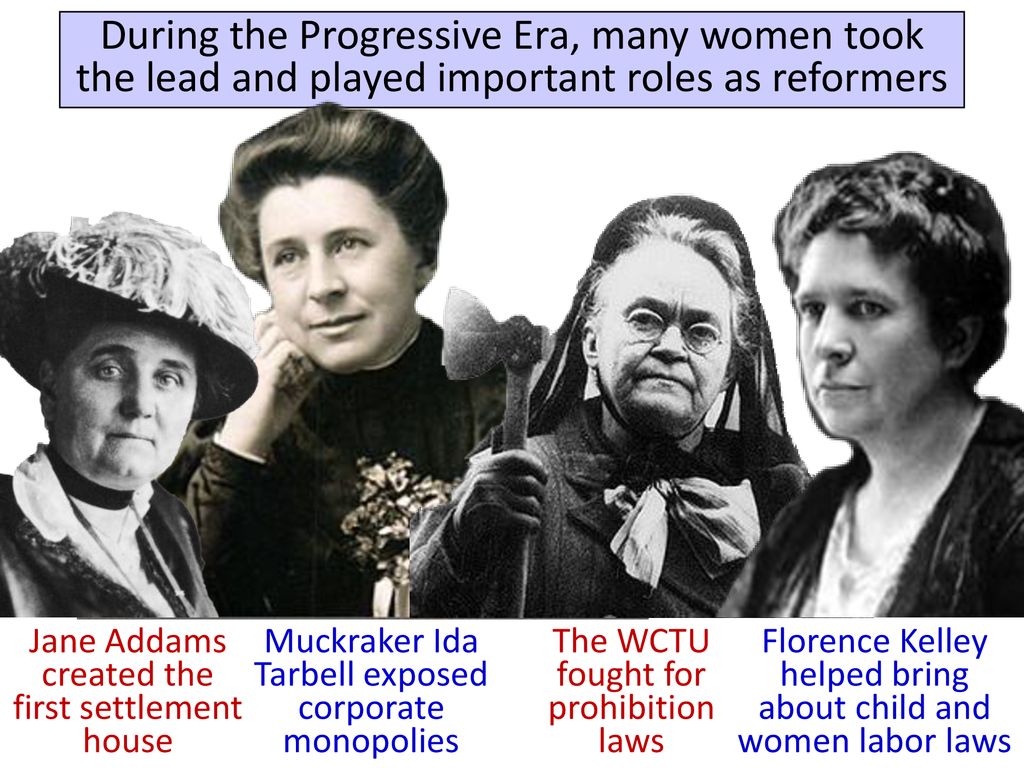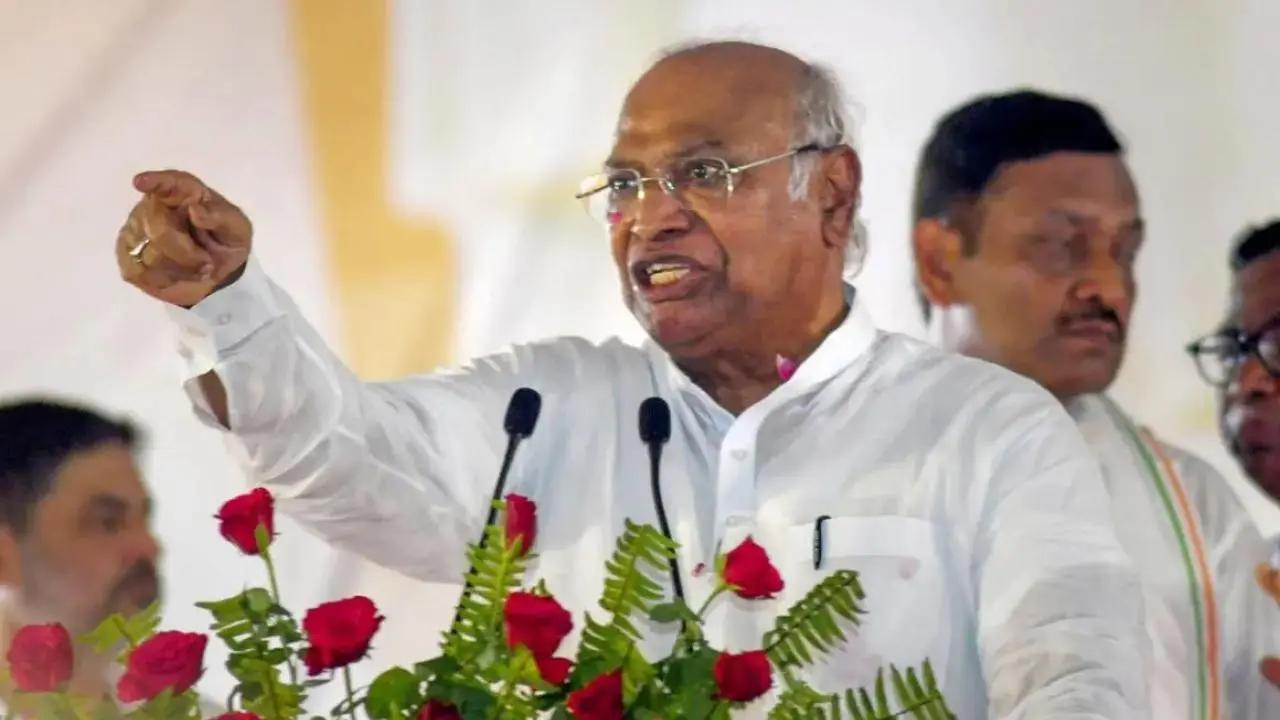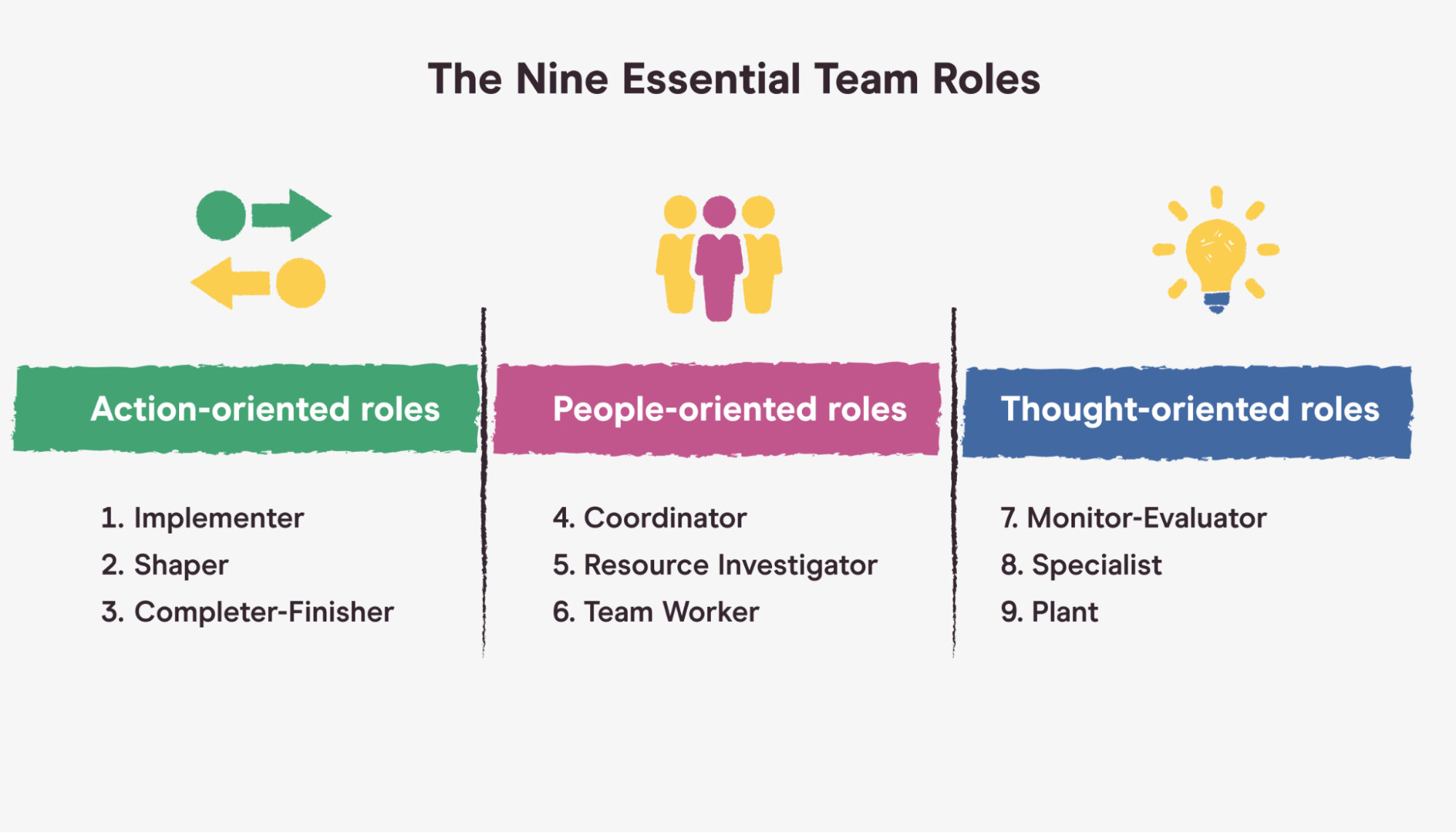Who Played An Important Role In Developing The Second Party
+History+of+The+Two-Party+System.jpg)
The American political landscape is defined by its two-party system, a duality that has shaped policy and discourse for centuries. While the Federalist and Anti-Federalist factions laid the groundwork, the emergence of the Democratic-Republican party as a distinct force marked a critical turning point. Understanding the individuals and events that propelled its formation is crucial to understanding the very structure of American governance.
This article delves into the formative years of the Democratic-Republican party, identifying the key figures who championed its ideals and strategies. It aims to provide a comprehensive overview of their contributions, offering a balanced perspective on their motivations and impact on American political history. We will explore the intellectual and political currents that fueled their rise, and examine the lasting legacy of their efforts.
The Genesis of Opposition
The administration of George Washington, while revered, saw the seeds of political division sown. Alexander Hamilton's policies, particularly his advocacy for a national bank and assumption of state debts, sparked fierce opposition. This opposition coalesced around a shared belief in limited government and agrarianism.
Thomas Jefferson and James Madison, initially allies in the Revolution, became the leading voices of this dissent. They saw Hamilton's policies as favoring the wealthy elite and encroaching on states' rights. This ideological clash marked the beginning of a clear partisan divide.
Key Figures and Their Contributions
Thomas Jefferson: The Ideologue
Thomas Jefferson is arguably the most influential figure in the Democratic-Republican movement. His philosophy of limited government, individual liberty, and agrarianism formed the bedrock of the party's ideology. He articulated these principles through his writings and political maneuvering.
His tenure as Secretary of State under Washington provided a platform to challenge Hamiltonian policies. He rallied support for his vision through correspondence and the establishment of aligned newspapers.
James Madison: The Strategist
While Jefferson provided the intellectual framework, James Madison served as the strategic architect of the Democratic-Republican party. He possessed a keen understanding of political dynamics and a talent for coalition-building. His experience as a delegate to the Constitutional Convention was invaluable.
Madison's role in Congress was pivotal, where he led the opposition to Hamilton's financial plans. He expertly crafted arguments against the national bank and other Federalist initiatives, effectively shaping public opinion.
Other Influential Voices
Several other individuals played significant roles in the party's early development. Albert Gallatin, a financial expert, provided crucial insights into economic policy and challenged Hamilton's assumptions. His expertise lent credibility to the party's critique of Federalist fiscal policies.
Philip Freneau, a journalist and poet, established the National Gazette. This newspaper served as a vital platform for disseminating Democratic-Republican ideas and criticizing the Washington administration.
The Rise of the Democratic-Republicans
The 1790s were a period of intense political polarization. The Federalist party, led by Hamilton and John Adams, controlled the presidency and Congress. The Democratic-Republicans, however, steadily gained ground by appealing to a broader base of voters.
Key events, such as the Whiskey Rebellion and the Alien and Sedition Acts, further fueled popular discontent with the Federalists. These events were perceived as government overreach and infringements on individual liberties.
Jefferson's victory in the 1800 presidential election marked a watershed moment in American history. It represented the first peaceful transfer of power between opposing political parties. It also solidified the Democratic-Republican party as a dominant force in American politics.
The Legacy
The Democratic-Republican party's principles profoundly shaped the course of American history. Their emphasis on states' rights, limited government, and individual liberty resonated deeply with the American public. These principles continue to be debated and reinterpreted in contemporary political discourse.
The party's success also demonstrated the power of organized political opposition. It showed that a well-articulated ideology and effective political strategy could challenge the established order. The lessons learned from the Democratic-Republican party's rise continue to inform political activism today.
The modern Democratic Party claims descent from the Democratic-Republican Party, though significant ideological shifts have occurred over time. Understanding the origins of this lineage provides valuable insight into the evolving nature of American political identity. Studying the past helps illuminate the present, and informs the future.
![Who Played An Important Role In Developing The Second Party [Term 2] Examine the role of Political Parties in a democratic country](https://d1avenlh0i1xmr.cloudfront.net/e2bb18d9-c7d3-43a5-90d5-d3ab851d5d11/slide20.jpg)

















